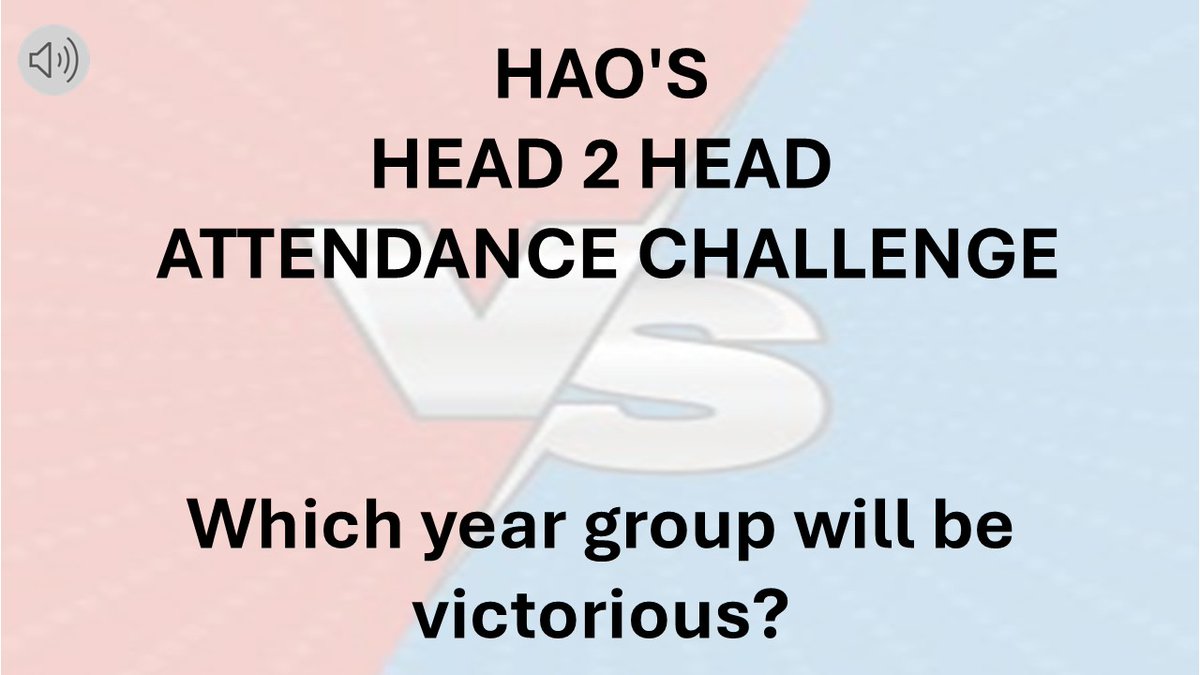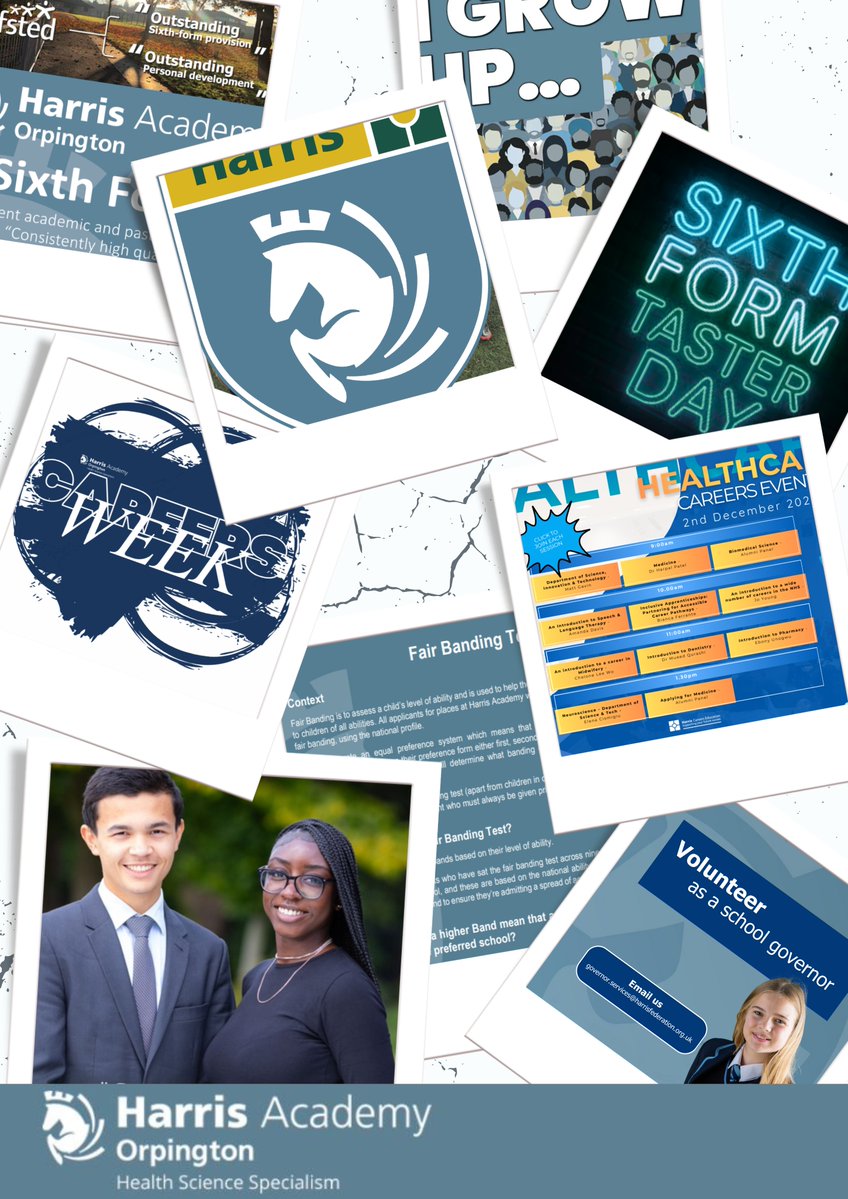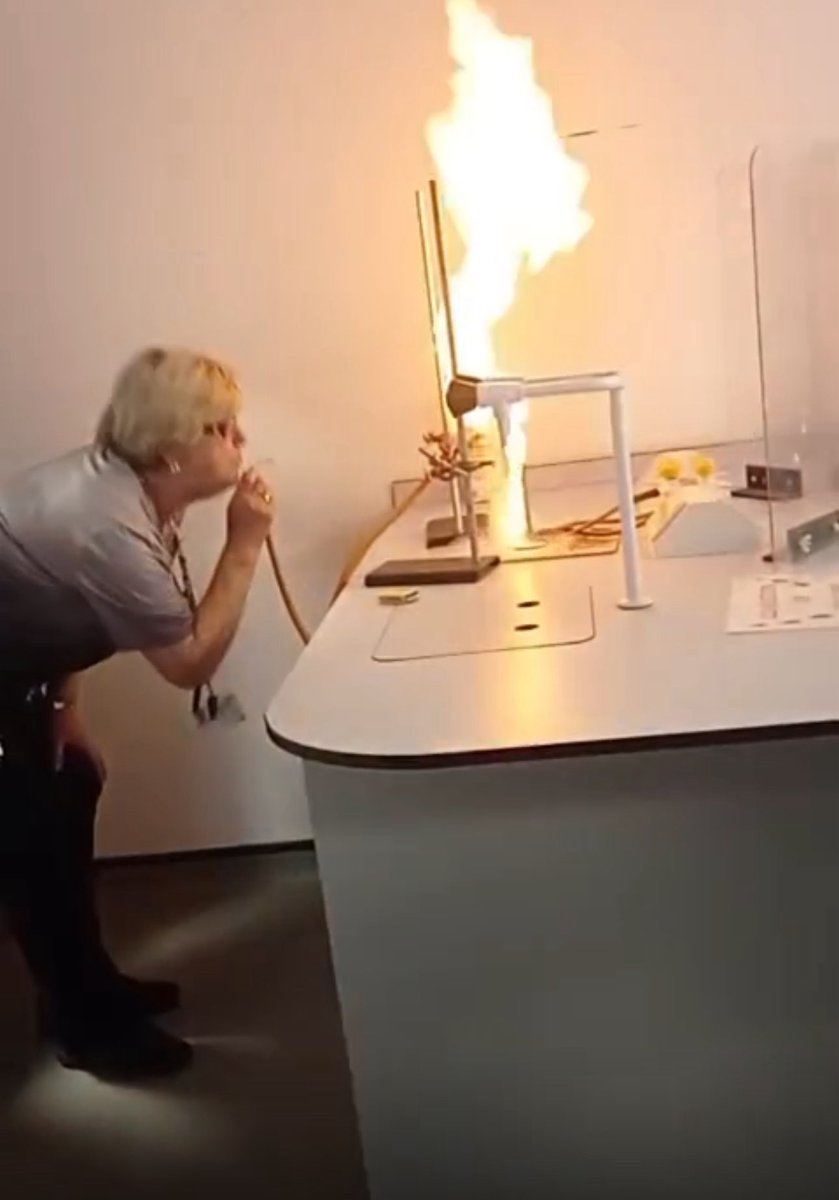Geography
Geography is the study of relationships between physical and human phenomena that give rise to spatial patterns on the surface of the earth. Whilst other disciplines may study landscape, flora and fauna, the atmosphere, people and culture, the built environment and political territories, geography is the only discipline that concerns itself with the relationships between these resulting in spatial differentiation. As such, a sound understanding of geography is critically important for students today to help them make sense of the world they live in and broaden their horizons to the world of possibilities an understanding of geography opens.
Geography allows us to think in an alternative way; alternative to a subject based purely on factual recall, but rather encourages us to think geographically. It forces us to ask questions about some of the most controversial and pressing issues affecting the world today such as climate change, resource use, population growth, and examine them through an enquiry approach; and it will be the geography students of today who are best equipped to solve these issues.
Geography is uniquely placed to empower students from all backgrounds through developing a multifaceted view of the world and their place within it. When taught well, the power of diversity in geography serves to tackle stereotypes and improve representation of places and people globally and locally.
What is the intention of the curriculum?
Through our curriculum, we aim to ensure that students acquire powerful geographical knowledge to help them make sense of their lives and the world around them, but also to take them beyond their every day lived experiences and expose them to the wider world. We aim to inculcate a love of geography in our students and develop their self-esteem so that they can effectively participate in societies’ ‘big conversations’ about contemporary global issues.
Geographical enquiry is at the heart of a strong geography education. Enquiry deepens conceptual understanding through reasoning, data interpretation, argumentation and fieldwork. Enquiry incorporates a range of approaches to teaching and learning, including both those strongly led by teachers and those with greater independence for students. An enquiry approach helps students to engage with, and make sense of, geographical data, and encourages a questioning approach supported by evidence from the real world. This is embedded in our curriculum through ‘big questions’ for every topic; carefully scaffolded enquiry plenary lessons at the end of every topic once students have acquired the appropriate knowledge and understanding to undertake the enquiry and fieldwork which is integrated into KS3, KS4 and KS5. Students will also study geographical enquiry through fieldwork, which is embedded into the curriculum in KS3, KS4 and KS5 to develop their disciplinary knowledge.
We believe that knowledge can be questioned and challenged. Some knowledge is fallible and open to debate because it is susceptible to the limitations of theories and ideas created by people. As such a ‘tick-list’ of key facts does not constitute academic excellence; facts on their own are not knowledge.
We are committed to promoting equality, diversity and inclusion and the geography curriculum serves as an important vehicle to represent the world accurately, fairly and truthfully and in a way that reflects a plurality of voices.
How will this be implemented?
We encourage students to think geographically through the process of enquiry, all KS3 lesson titles are based upon an enquiry question, accompanied with plenary enquiry lessons at the end of each module to allow them to deepen their conceptual understanding through reasoning, data interpretation and argumentation. This mirrors the exam board we have chosen (OCR B) at KS4 which is one of the few exam boards written through a similar enquiry process. Students carry out a human geography fieldwork investigation into their local area in Year 7 and a physical geography themed investigation in Year 8 as part of their KS3 curriculum. In KS4 students carry out two fieldwork enquiries and in KS5 they take part in the Federation fieldwork trips to the Dorset Coast and East London as well as carrying out their NEA.
Furthermore, the KS3 curriculum hinges upon key concepts of the discipline focussing on Climate, Sustainability, Human/Physical interactions, Geomorphological processes, and Development. These key topics are interleaved throughout the KS3 curriculum allowing us to visit and revisit these key concepts and assess them through enquiry within different experiences of Geography. Please see below.
Curriculum mapping and progression
Year 7 long-term plan for teaching:

Year 8 long-term plan for teaching:

Year 9 long-term plan for teaching:

For the Big Ideas Progression Mapping - see the below document at the end of this page.


A level Geography
The OCR A Level in Geography has been designed to give learners the knowledge, understanding and skills necessary to become engaged global citizens. Through the study of dynamic and contemporary content, learners can understand and interact with issues which affect people and places at a range of scales from local to global – and all that is in-between.
A Level Geography Long Term Plan: Year 12


A Level Geography Long Term Plan: Year 13

A Level Geography Overview

Alongside our carefully designed curriculum we will work to meet the needs of all students with high quality teaching. Whether students need to be stretched and encouraged to exceed, if they are finding work difficult, or if they are somewhere in the middle, we will provide the appropriate support and skill to allow them to reach their geographic potential.
Assessments
Assessments exist in service of the curriculum, not the other way round; the foundations of academic excellence should not be built on the shifting sands of ‘good exam results’ but rather through the discipline of geography. There are two formal assessment points per year for students in Years 7 to 10 and two sets of mock exams annually for Year 11.
- In key stage three, assessments are designed so that students build up their knowledge cumulatively throughout each year, with 25% of the marks awarded for coverage of previous topics.
- In key stage four, the assessments are again cumulative so that students build up their body of knowledge by revising previous topics as well as the current ones. Assessments are marked according to the OCR ‘B’ Assessment Objectives and are based on GCSE-style questions.
Being part of the federation allows us to use the centralised assessments; the assessment scores across all academies are collected and analysed centrally allowing the results to be compared against the performance of a large cohort of students across a range of academies.
NB – due to the Covid-19 pandemic; the Year 11 cohort for 2021-22 will be following a slightly different long-term plan. The decision was made not to teach the atmospheric hazards element of global hazards during remote learning from Jan-March 2021 as this is usually the part of the course that students find the hardest to access. This has been moved to September 2021 in Autumn 1 of their Year 11 year.























